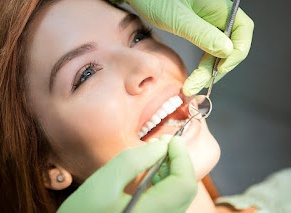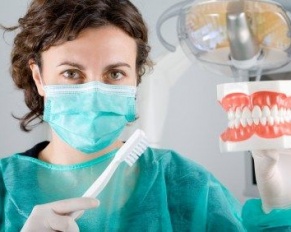Toothaches can be painfully annoying, especially when they arise unexpectedly and disrupt your daily life with pain and discomfort. Even…

Common Dental Questions, dental care questions and answers, dental health tips, cosmetic and restorative dentistry, dental technology, ask a dentist about dental infections

Toothaches can be painfully annoying, especially when they arise unexpectedly and disrupt your daily life with pain and discomfort. Even…

Originally posted on: https://womanwords.com/cosmetic-dentistry-for-women-enhancing-beauty-and-confidence/ In the realm of personal transformation and self-expression, cosmetic dentistry for women stands as a shining beacon, offering…

When faced with a cancer diagnosis, the last thing you want to think about is assessing your dental health and…

Most of the U.S. denture-wearing population suffer frequent fungal infections that cause inflammation, redness and swelling in the mouth. These…